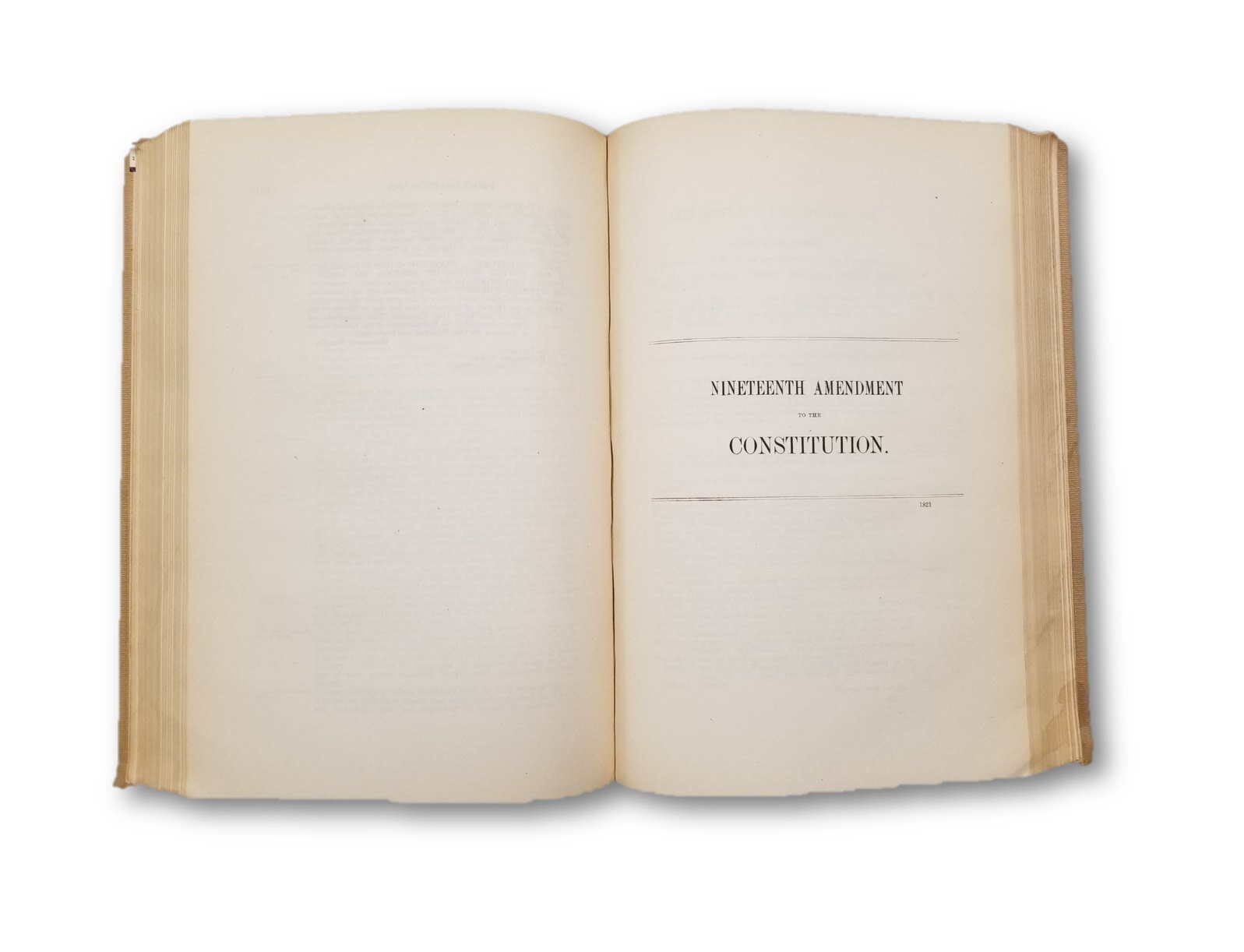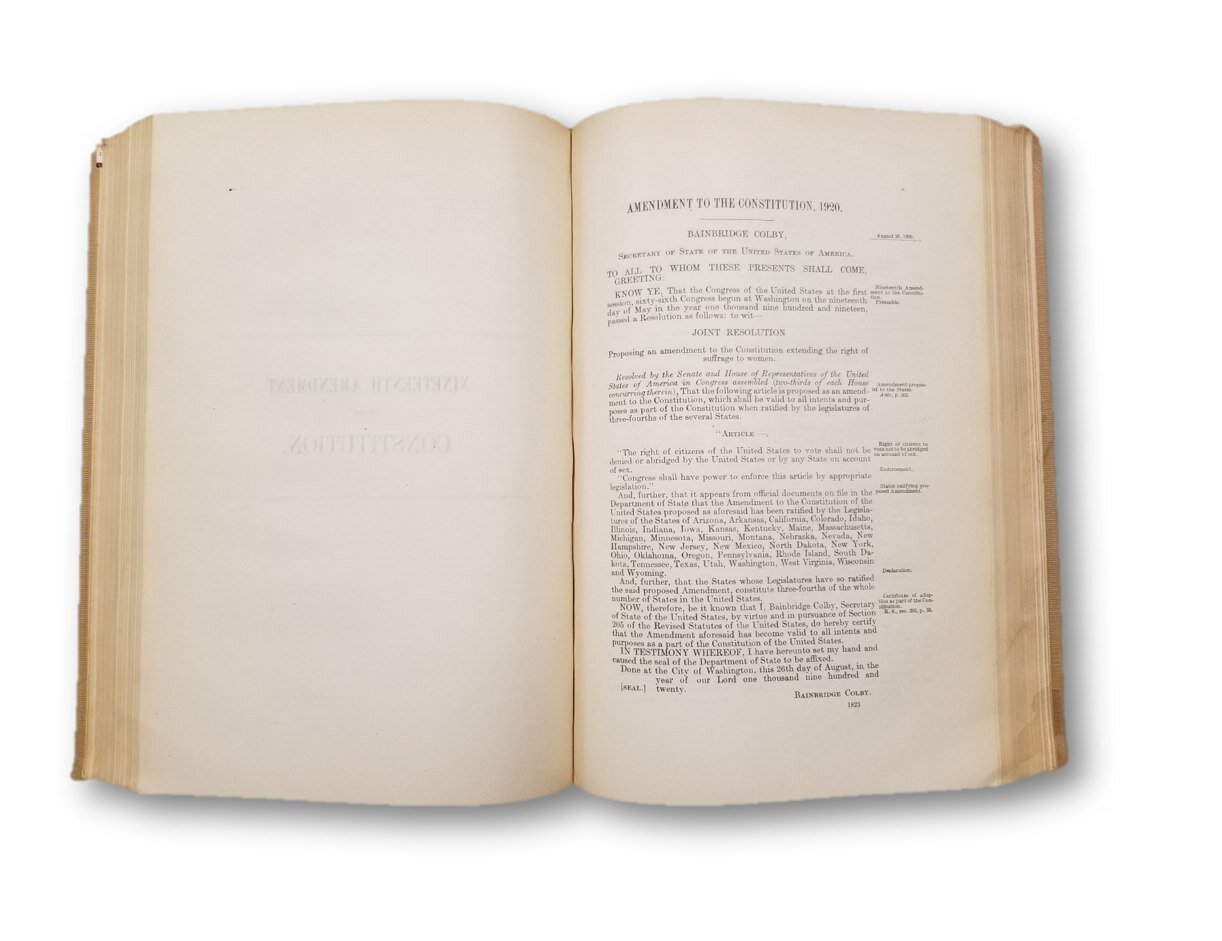Texas is well known as a Right to Work state with a long and successful history of anti-union activity, but the Lone Star state has a parallel history of organized labor that has improved worker conditions stemming back to the Republic of Texas.
As Anglo settlers began to stream into the territory on the heels of the Texas Revolution, they brought significant knowledge of the labor organization occuring in their home states and territories. Texas’ first strike occurred in the fall of 1838, when the Texas Typographical Association won a 25% wage increase only a few months after forming.
Still, Texas did not experience widespread labor organization until the Philadelphia-based Knights of Labor managed to recruit not only farm workers, but over half of the state’s non-farm workers, by the middle of the 1880s. Per capita, this was the peak of union participation in Texas. By late 1886, however, the Knights of Labor found itself irrevocably damaged by its connection to the Haymarket riot in Chicago, and this impacted its influence in Texas as much as anywhere else, and the demise of the Knights likely contributed to the inability of Texas organized labor to stop the use of anti-union labor to build the state house in Austin.
In January of 1900, years of attempts to form a statewide union finally came to fruition when the Texas State Federation of Labor formed in Cleburne. However, Texas employers also organized through the Open Shop movement, and proved a formidable match for organized labor throughout the state. Texas workers additionally found themselves outmatched by the national influence and strength of the railroad tycoons who provided so many of the Lonse Star state’s jobs.
World War I brought a proliferartion of manufacturing jobs and other types of labor-based work to Texas, and while this resulted in some relatively improved conditions, Texas workers were unable to match the success of workers in other states. For example, in 1917, offshore workers in California successfully used strikes to negotiate $4, 8 hour days. Faced with extreme anti-labor tactics, however, Texas offshore workers were unable to hold a strike long enough to be effective, and could not improve upon a $2, 12 hour day.
As a result of changed national leadership, as well as a shift in Texas labor leadership, unions once again began to experience some success during the Franklin Roosevelt presidency. This notably included Mexican-American agricultural workers organizing for the first time. Still, Texans in this time period could not match the fervor and efficacy of Texas worker organization 50 years prior under the Knights of Labor.
In fact, Texas workers had been organizing for more than a century before they finally managed a major demonstration of political power in 1957 when pro-union Ralph Yarborough was sent to Washington DC to serve as Senator from Texas. That same year, the Texas State Federation of Labor merged with the Texas State CIO Counsel, consolidating union power in the state.
We at the Harris County Law Library wish you a great and safe Lone Star Labor Day! Here is some further reading to fill your holiday weekend:
The Labor Movement in Texas Collection: 1845-1954, at the Dolph Briscoe Center for American History at UT
Labor Organizations Handbook at the Texas State Historical Association
Walking the Line: The Diverse History of Organized Labor in Texas, at the University of Texas at Arlington Libraries Special Collections









